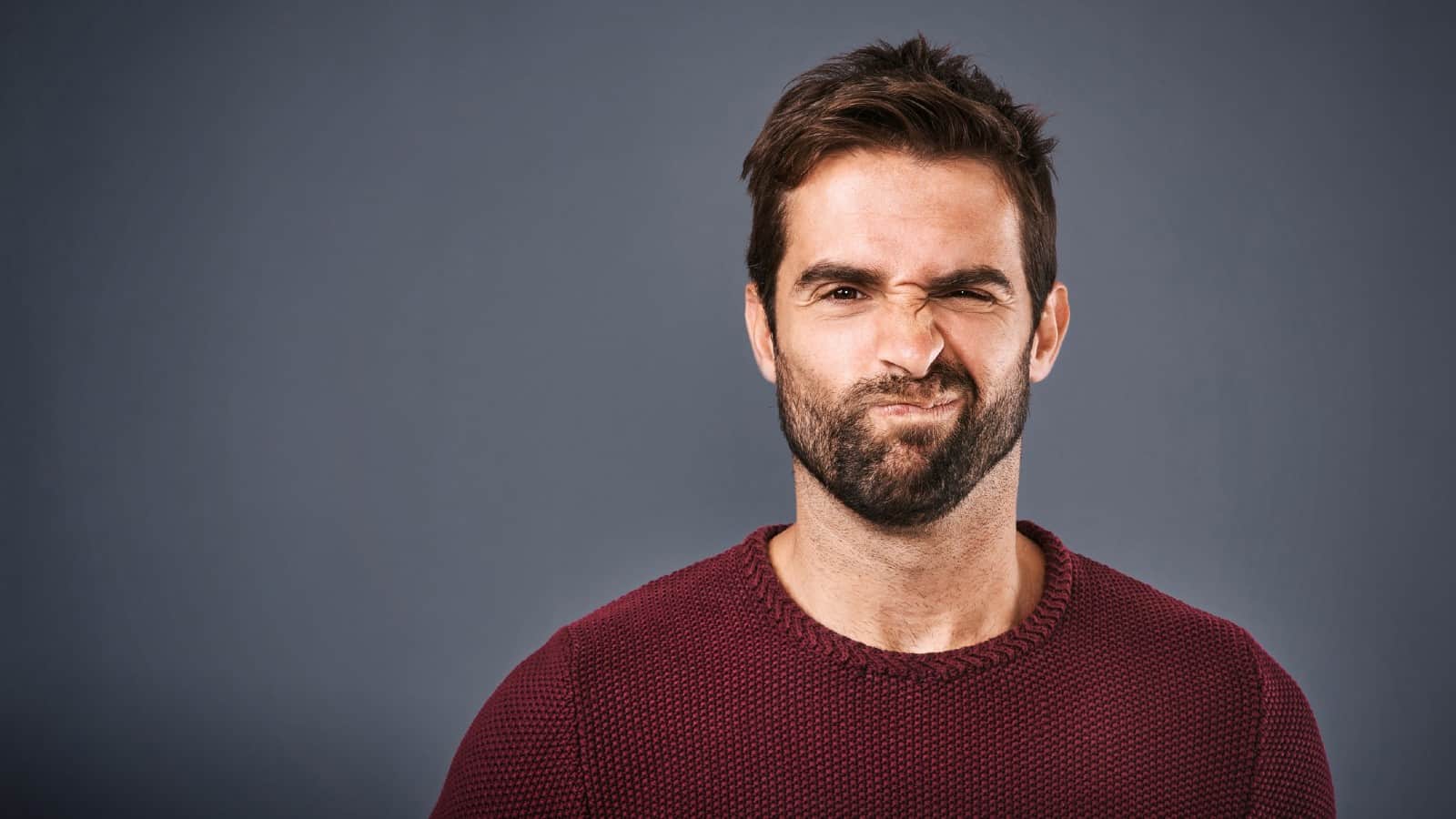
Picture supply: Getty Photographs
I wish to maintain an open thoughts relating to UK shares, however some nonetheless instinctively fear me, together with these two FTSE 100 giants. I’ve by no means owned both, however I’ve been sorely tempted at instances. Fortunately, I didn’t seal the deal.
One identify that has caught my eye is international promoting and media group WPP (LSE: WPP). It’s been below stress since founder and driving power Sir Martin Sorrell exited below a cloud in 2018. The shares have misplaced 28% of their worth over the previous 12 months and now commerce at a 10-year low.
I’m afraid of the WPP share value
I used to be tempted as a result of the inventory appears to be like low-cost, with a price-to-earnings ratio round 10.5, and gives a juicy trailing yield of seven.5%. That’s one of many highest on the whole FTSE 100. This profile suits lots of my latest share purchases, however I’ve to attract the road right here.
Alongside its personal missteps, WPP can be on the mercy of deep market shifts. Probably the most urgent is synthetic intelligence. Outgoing CEO Mark Learn just lately admitted AI is “completely disrupting our enterprise”. That’s a worrying word for the boss to finish on.
AI instruments now permit corporations to generate artistic content material in-house, doubtlessly lowering demand for conventional media businesses. Whereas WPP was an early adopter of the expertise, I’m not satisfied it will possibly keep forward of the curve.
It has already misplaced its crown because the world’s largest promoting agency by income to France’s Publicis. Now it faces renewed stress from the continuing $13.25bn merger between US rivals Omnicom and Interpublic Group.
WPP isn’t in freefall. Q1 outcomes launched on 25 April confirmed reported revenues down 5% to £3.24bn, and simply 0.7% decrease on a like-for-like foundation. However the path of journey stays unclear, and I favor to keep away from companies in the midst of existential transitions. The brand new CEO, as soon as appointed, has to get it proper.
Vodafone shares set off me too
The opposite inventory I’ve lengthy prevented is Vodafone (LSE: VOD). I’ve been writing in regards to the telecoms large for greater than 15 years, and whereas its chunky dividends have usually tempted me, the share value’s relentless decline has saved me at arm’s size.
There are causes to be extra optimistic at the moment. CEO Margherita Della Valle’s turnaround plan is making extra seen progress than earlier efforts, and the Vodafone share value has climbed 7% over the previous 12 months.
Sure, the dividend was halved in March, however the shares nonetheless supply a stable trailing yield of 5.1%, which is comfortably above the FTSE 100 common.
Full-year revenues rose 2% to €37.4bn, and one other €2bn share buyback has lifted sentiment. The merger of Vodafone UK with Three also needs to unlock operational advantages.
However that is nonetheless a brutally aggressive sector. Vodafone faces margin stress from low-cost rivals throughout key markets. And though it diminished internet debt by €10.8bn in 2024, it nonetheless owes a hefty €22.4bn. That’s severe baggage as rates of interest show sticky.
It should proceed pumping billions into 5G and fibre infrastructure, whereas nonetheless struggling in Germany regardless of investing €20bn there.
Vodafone is displaying indicators of life, however like WPP, I don’t need it let it get too near my portfolio.























